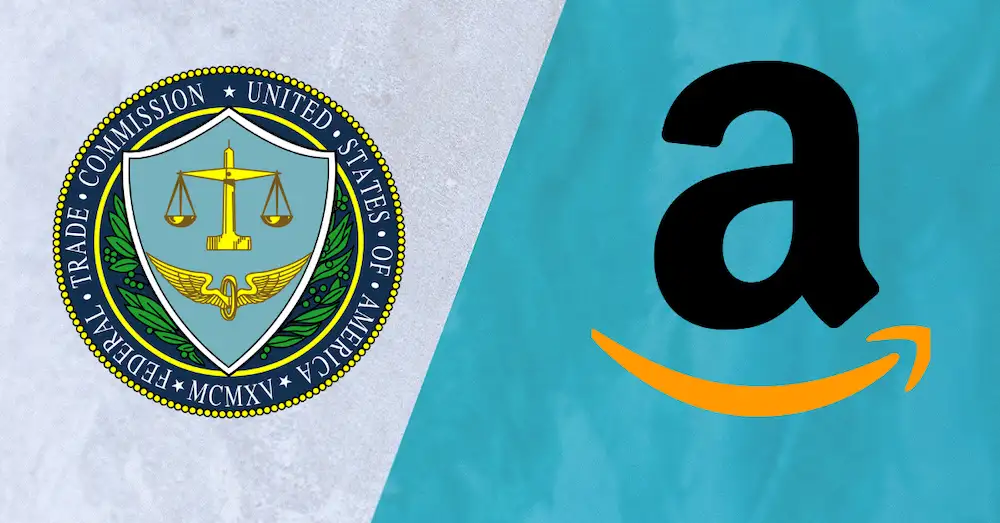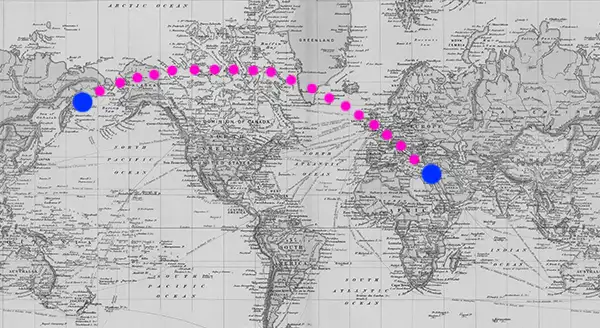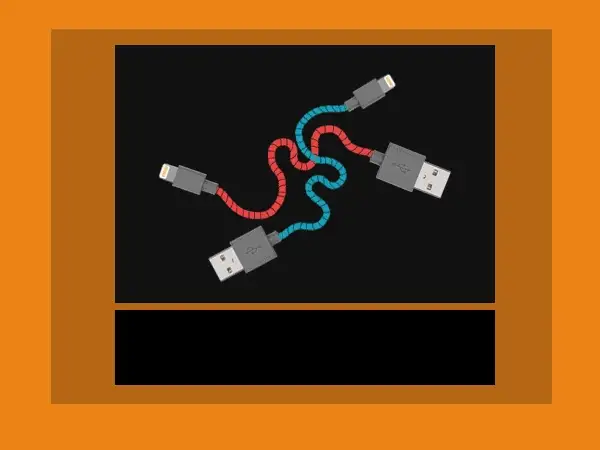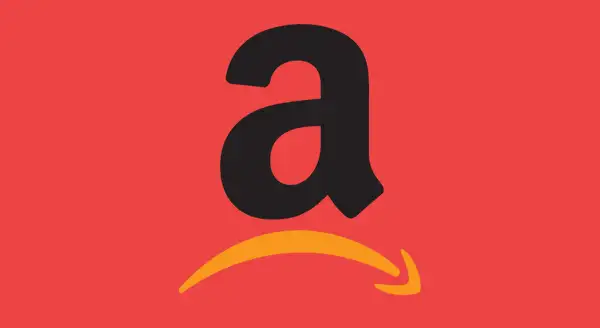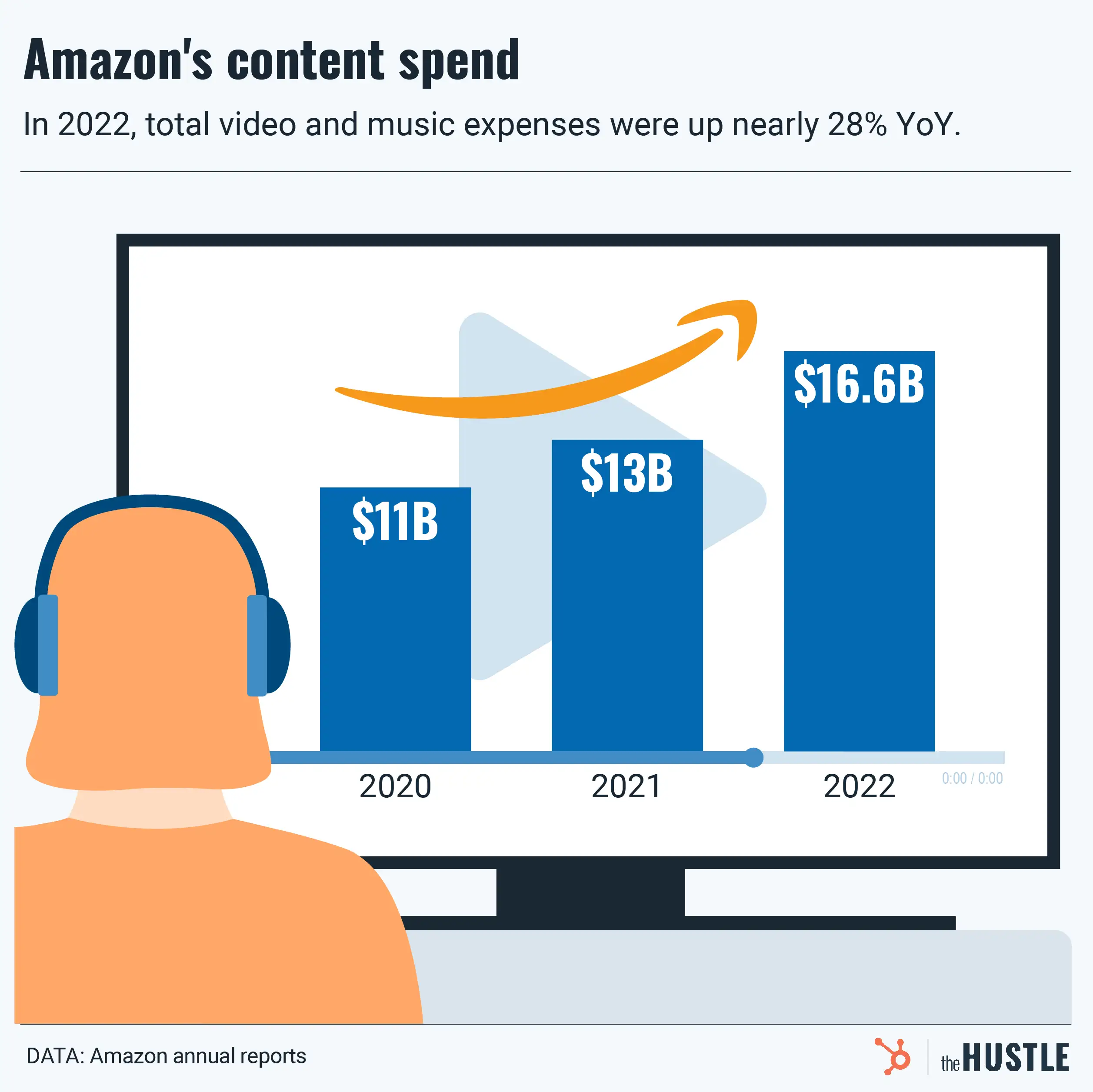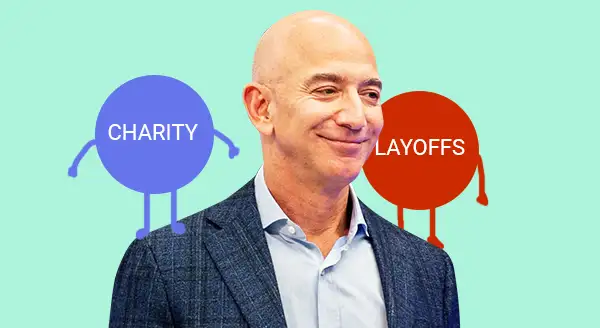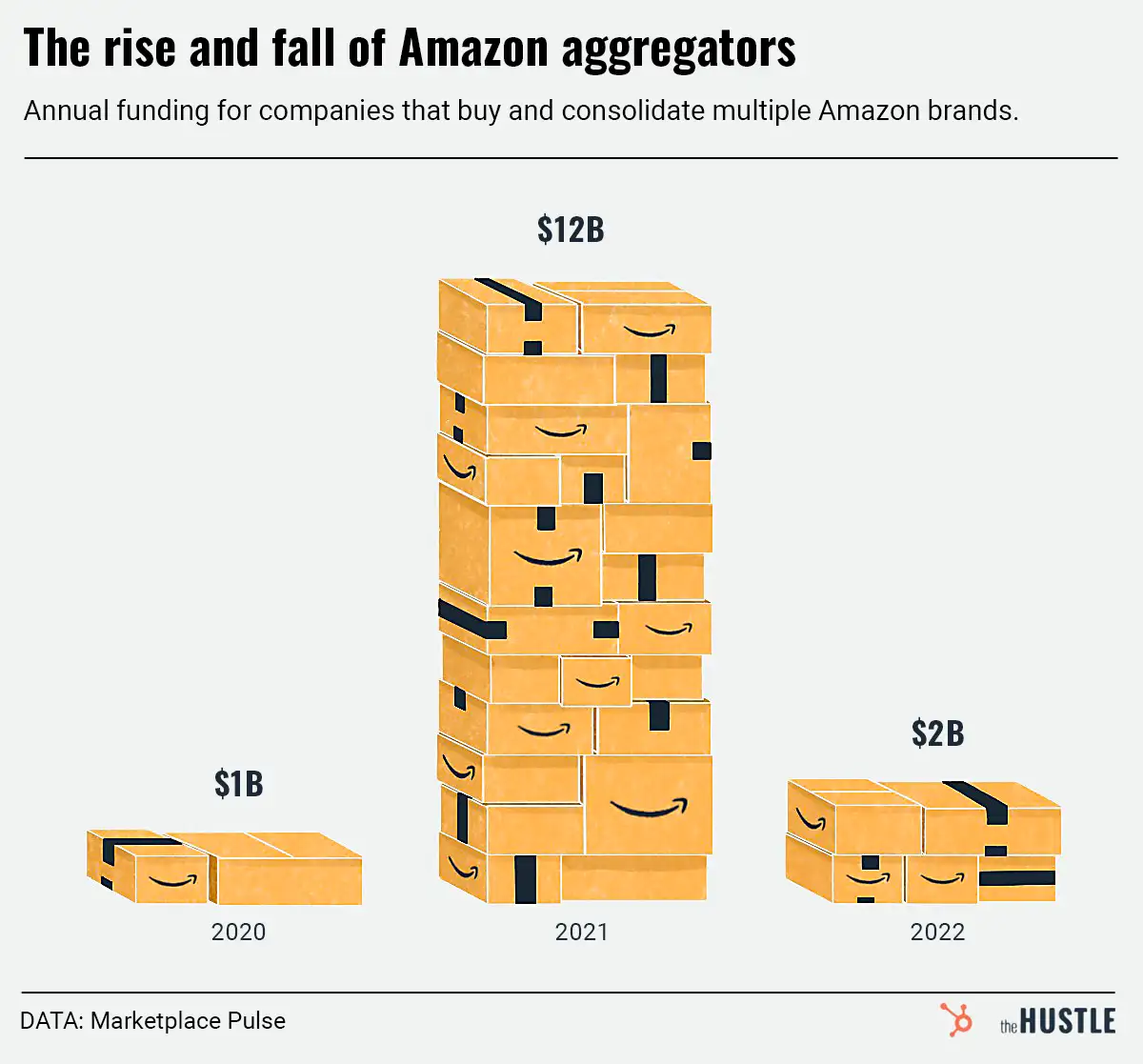The CDC has yet to clarify whether bowling balls slow the spread of the coronavirus. But right now, Amazon will sell you one anyway.
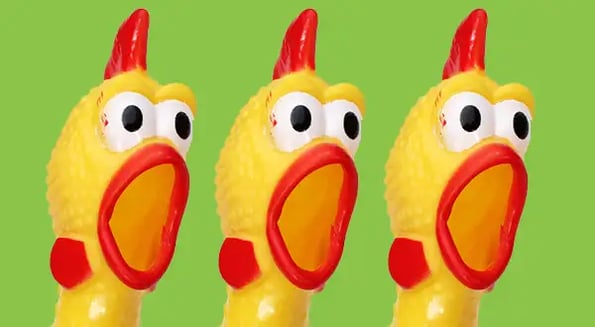
An investigation by The Markup found that Amazon was offering rubber chickens, prom dresses, and bowling balls for quick delivery, even after it said last month that it was prioritizing shipments of essential goods.
There are also hand spas, dollhouses, and — in the case of one customer — 392 nipple clamps, as discovered by Business Insider.
Amazon can’t get its priorities straight
The mess all began on March 17, when Amazon announced a pause on warehouse shipments of nonessential products through April 5.
Amazon’s stated goal was to prioritize the baby products and medical supplies that customers need right now — and to take the burden off of its warehouse workers, some of whom are getting sick with the virus.
Amazon initially defined “essential” loosely: The company said items under the umbrellas of “Baby Products,” “Health & Household,” “Beauty & Personal Care,” “Grocery,” “Industrial & Scientific,” and “Pet Supplies” were available to be shipped.
By early April, Amazon had changed its mind: As its bottom line soared, it decided to treat products on an unspecified “item-by-item” basis. Enter the nipple clamps, apparently.
An Amazon rep told The Markup that the ecommerce giant had started “selectively bringing more products from our selling partners into our fulfillment centers.”
In a follow-up message to The Hustle, a spokesperson said Amazon wasn’t getting in the way of orders involving items that were already in stock, and that didn’t prevent it from shipping high-priority products.
But workers have noticed you might not NEED some things
As one of them put it: “Dildos are not essential items.”
The debate extends beyond what you can buy — it’s all about which businesses get to stay open. At times, golf courses, craft shops, and mattress stores managed to skirt coronavirus-related closures in some states.
But it’s not a good look. Amazon’s warehouse workers are stuck in close quarters, and they’ve walked out in protest of dangerous working conditions, leading to human-rights investigations in places like Staten Island. All that for a rubber chicken.


